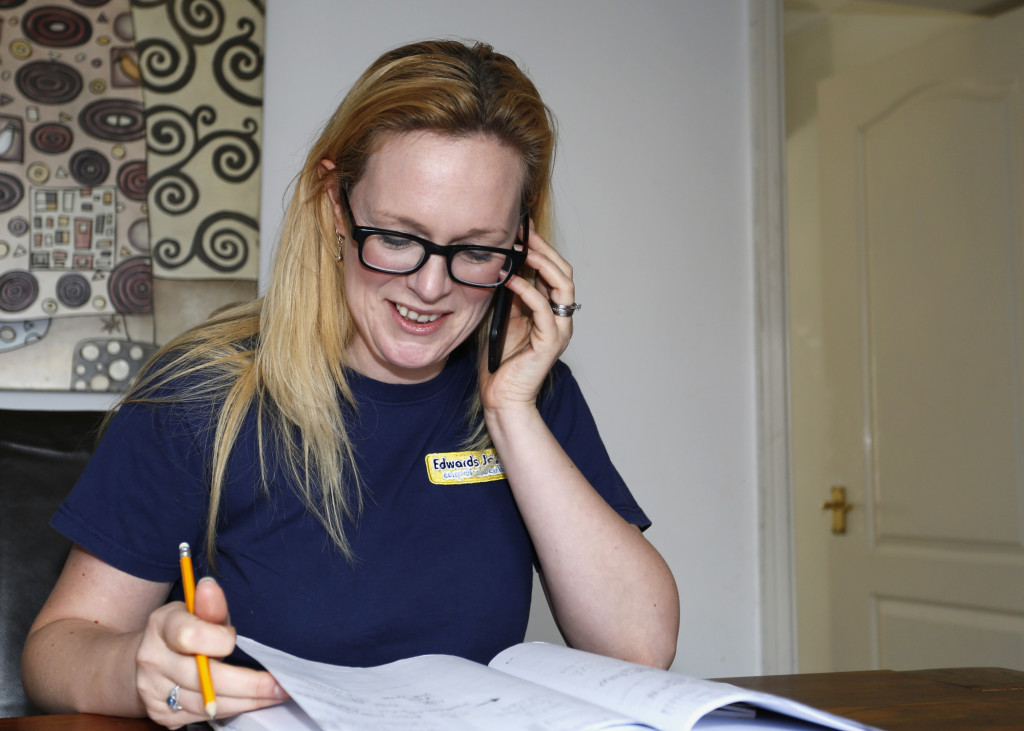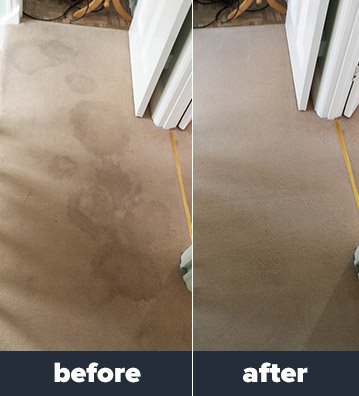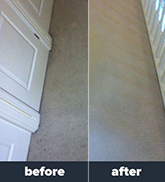Top 3 Carpet Cleaning Misconceptions
Carpet and Upholstery Cleaning Misconceptions and Myths
There are many misconceptions we hear about carpet and upholstery cleaning.
In this post, we hope to clear up some of the confusion and help you make an informed decision.
Here are the 3 most common misconceptions:
1. You should only have your carpets and upholstery cleaned when absolutely necessary (and really dirty) as it can cause your furnishings to “age” quicker.
I can kind of understand the origin of this myth.
I mean, it may seem plausible that the actual process of cleaning a carpet could cause “wear and tear.”
But it is categorically false.
In fact, the reverse is true: by leaving long periods between professional cleaning, soiling builds to a level that will decrease the life of your furnishings.
This is because the dirt that becomes embedded in the fibers acts as an abrasive and when you walk on your carpets (or sit on your sofas) the fibers are compromised and over time will “wear” much quicker.
Another important reason to regularly maintain your carpets and upholstery is that professional cleaning is an excellent way of keeping your home healthy and allergen-free.
Carpets and sofas act as filters in your home and will harbor bacteria, mites, pollen, animal skin and other common allergens.
Regular cleaning will prolong the life of your furnishings and help alleviate allergic symptoms.
Find out how often to get your carpets cleaned here.
2. All carpet cleaners and carpet cleaning methods are as good (or the same) as each other.
False.
Although there are certain jobs that may require and suit a “dry” cleaning method, the best results are achieved with HWE (Hot Water Extraction).
But it’s not just the process itself that dictates results…
The power of the machine used (directly related to the purchase price), the chemicals chosen and the knowledge and skill of the technician, will all play a role in the results you see when a job is complete.
Organisations such as TACCA, have played a key role in maintaining industry standards and educating the public about carpet cleaning (there are minimum entry requirements). A good starting point is to check if your local company is registered – and if not, why not!?
Companies that seem unusually cheap are often either cutting corners or using sub-standard equipment. Your local company should run and maintain high quality equipment, regularly attend training courses and hold full insurance.
If they don’t tick these boxes, it’s best to spend a little more elsewhere in order to get piece of mind and a better end result.
It is quite sensible to ask for references, training qualifications and proof of insurance.
3. I can clean my carpets myself at a fraction of the cost of hiring a professional – and with similar results.
I’ll be blunt: No, you can’t.
Carpet cleaning rental machines don’t anywhere near to matching the power of a top professional machine. And nor do the chemicals provided achieve the same results as those we use.
Supermarket rental machines are at best ineffective, and at worst, can damage your carpets and upholstery.
The lack of power can result in shrinkage and odor due to over-wetting, and by treating stains with inappropriate chemicals you could actually “set” the stain, thus making it impossible to remove, even by a professional.
A reputable carpet cleaner will have undergone professional training and use an expensive, powerful machine that gets great results while leaving your carpets dry very quickly.
And once you add up the real costs of hiring the machine, buying the chemicals and factoring in your time, it doesn’t quite add up to the bargain it first appears to be.
A shrunk carpet or damaged sofa will be far more costly to replace that spending a little extra on hiring a professional technician.





Leave a Reply
Want to join the discussion?Feel free to contribute!